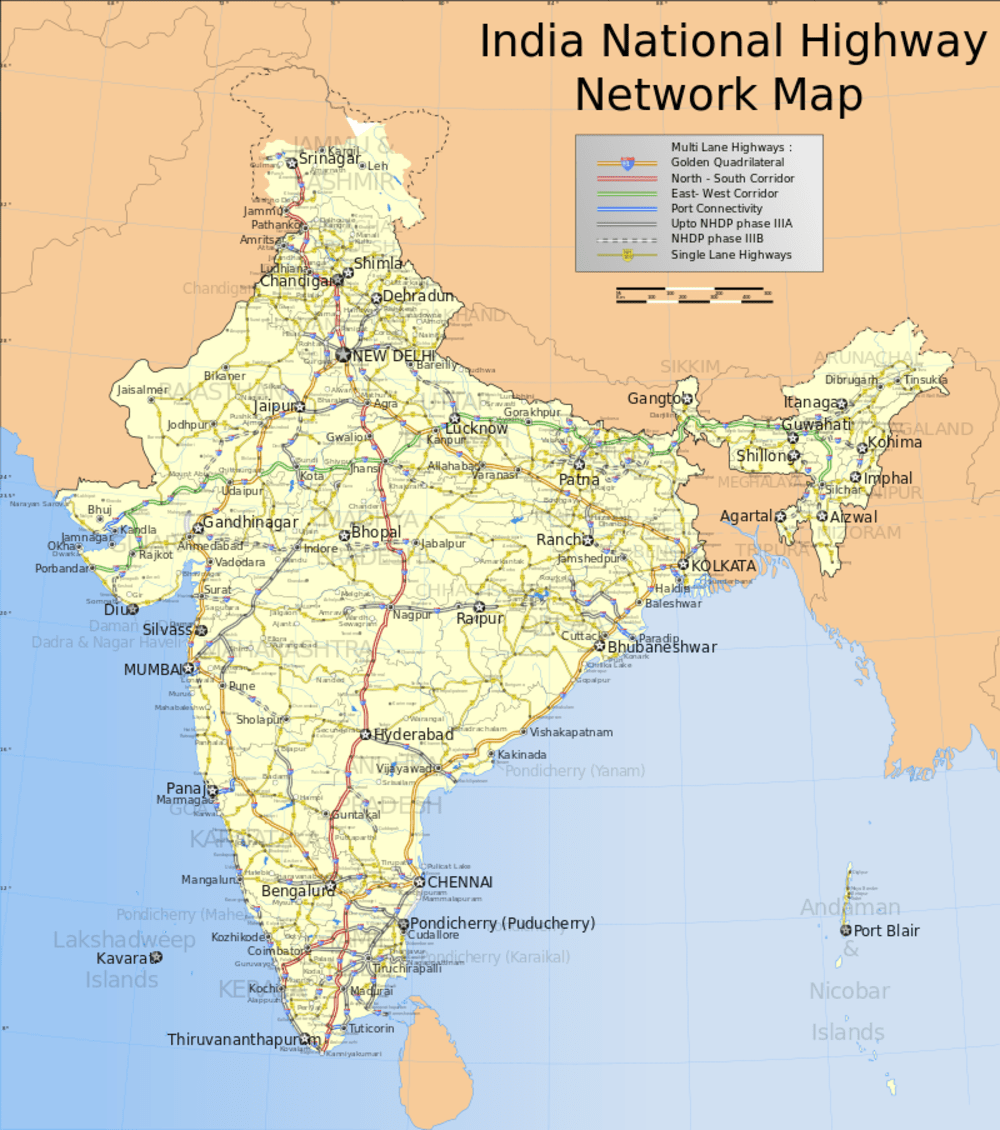Many nations unlike, India have a very large network of roads and so is the power scarcity in our cities and mainly villages. Our main sources of power generation are hydel, thermal and tidal. The usage of vertical wind mills is generally practiced in tidal energy. The energy generated is not 100% eco-friendly as it disturbs the wind velocity by reducing it. We have a road network of 46,89,842 kilometres in India, the second largest network in the world.
These roads utilise a lot of power to illuminate the surrounding, traffic lights, toll booths etc. wherever electricity is required on the roads. They generally use power using the transmission lines from the power house or sometimes diesel generators. This is the high time for the system to be upgraded now as the need of electricity is at its peak with the increasing demand and a growing digital world.
PROPOSED SOLUTION:
Use of horizontal wind mills in a planned series layout on both the sides of roads which will also include the photo-voltaic layer on the setup to trap the solar energy in a parabolic fashion to get concentrated form of which will generate power on the basis of Bernoulli’s principle, i.e. the wind energy created due to the drop in pressure caused by the movement of the vehicle passing on the road. That wind energy can be converted into mechanical energy using the rotary aerofoils and in turn into electrical energy. This form of energy is wasted on roads currently which is an asset if used properly. The energy generation is similar to the wind energy generation including the solar powered setup. The energy generation in a wind mill is not a one to one function, rather the energy increases by the cube of the wind speed. If you double the wind speed, you get eight times the energy. That is one reason that looking at wind maps is so useful.
Like this entry?
-
About the Entrant
- Name:Satyam Pandey
- Type of entry:teamTeam members:Akhshay Badiger
- Patent status:none

